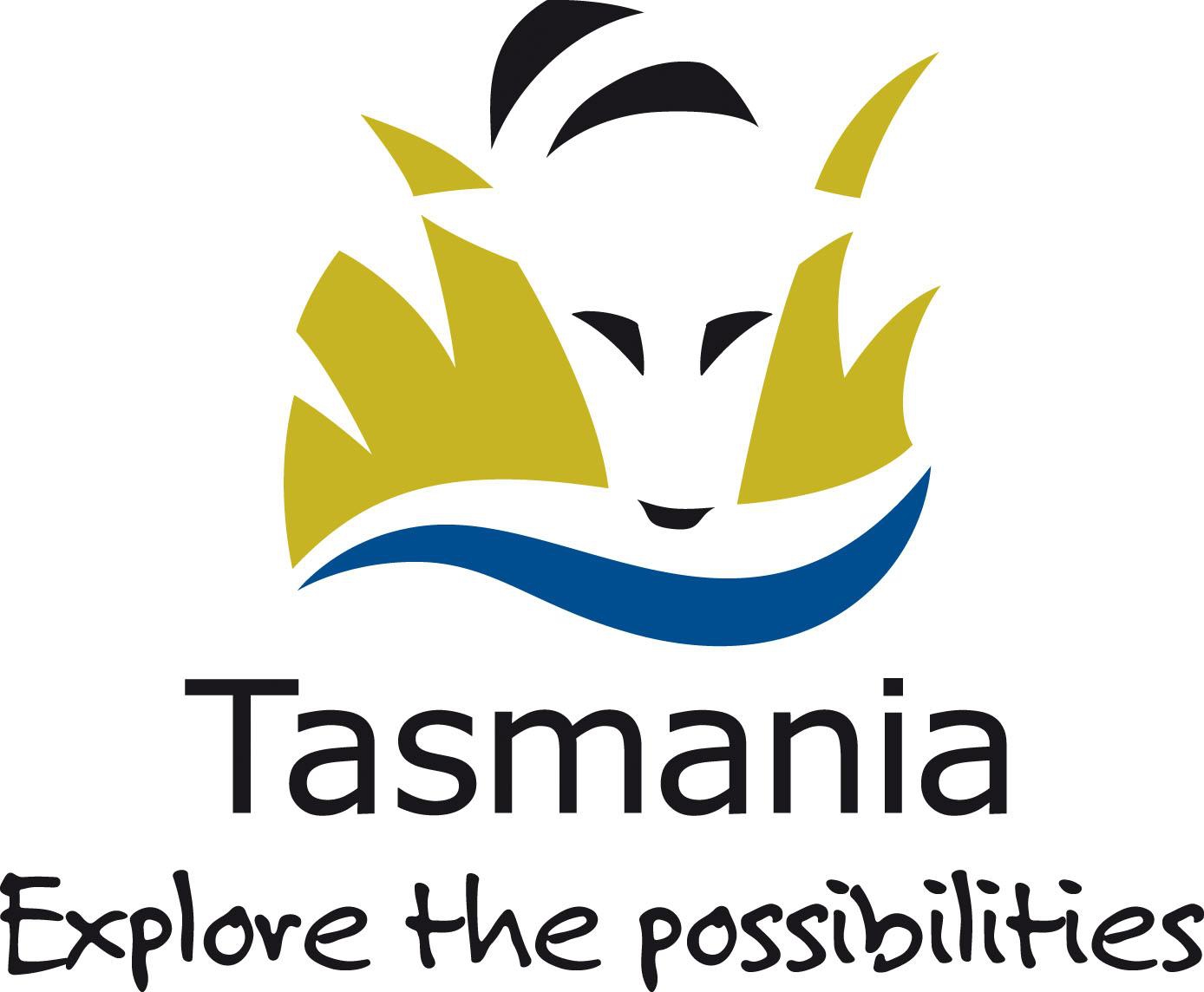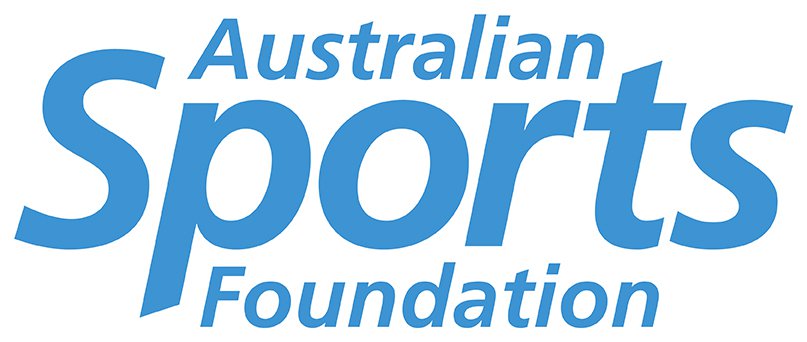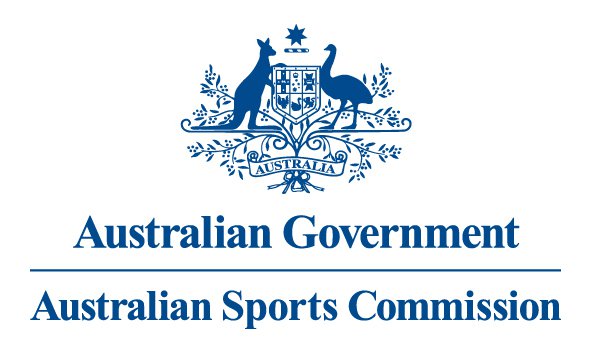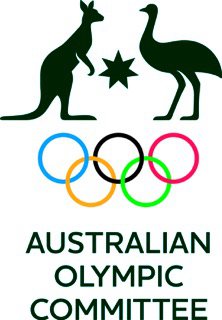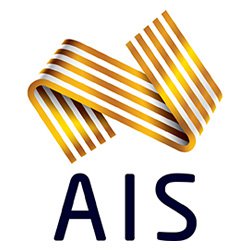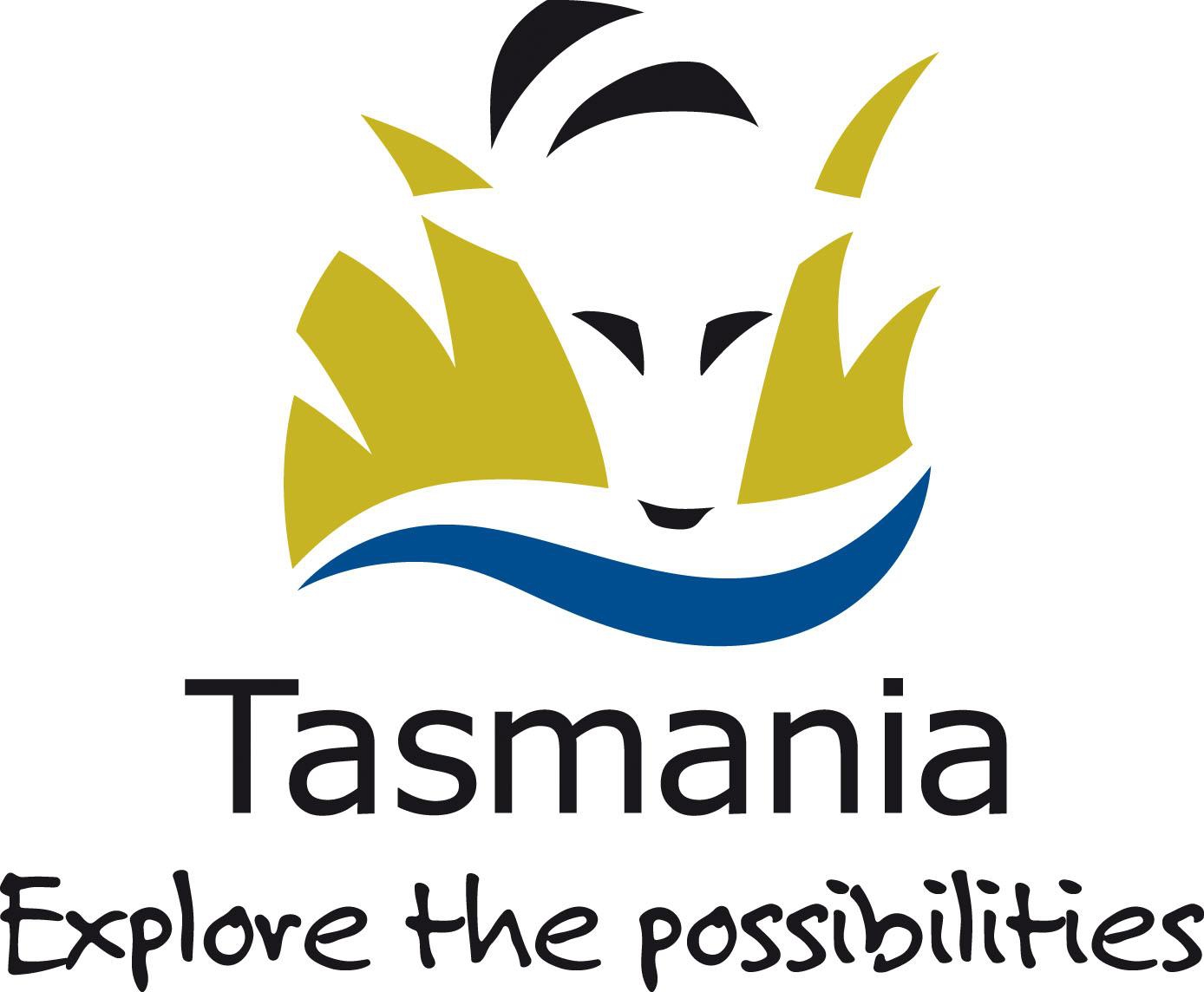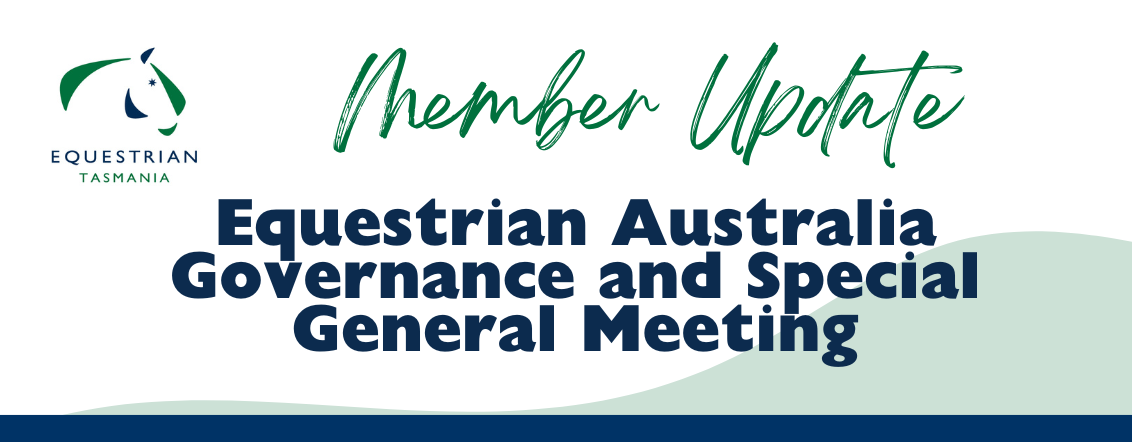Return to Activity for Equestrian Sports
Introduction
In the 2019/2020 financial year, Equestrian Tasmania has 711 members across several membership levels, abilities, and interests. Over 70% of these members are active competitors.
Equestrian Tasmania (ETAS) understands the seriousness of COVID-19 and the threat to the well-being of those in the community. We realise that person to person transmission and environmental transmission of the virus through droplets are the major contributing factors in the spread of this disease.
The World Health Organisation’s “Considerations for sports federations/sports event organizers when planning mass gatherings in the context of COVID-19” sets out the key issues and mitigation options for sporting organisations’ planning an event. In line with this paper and the further details below, equestrian sport should be considered a naturally low-risk activity and could be at the forefront of the return to sport.
The regulations outlined in this document for the return to equestrian activity in Tasmania are essential for all members, officials, volunteers, clubs, and affiliates to adhere to. All events conducted under the ETAS banner must comply with the hygiene/cleaning guidelines set out by WorkSafe Tasmania (see link below) these guidelines will be the responsibility of all members, officials, volunteers, clubs and affiliates Once approval has been given to recommence activity, ETAS would require private venues and/or organising committees to submit a Risk Assessment and Mitigation / Biosecurity plan to ETAS and participants, prior to allowing the requested activity to take place.
Equestrian activity:
• Is a non-contact sport.
• Is a predominantly outdoor sport.
• Does not enjoy large spectatorship.
• Does require travel given the geographically diverse location of competitors across the state but does not require interstate travel to reintroduce the sport back into Tasmania.
Further to this:
• Equestrian sports are held at specific equestrian venues. These tend to be outside and spacious, making it relatively straightforward to comply with health regulations.
• Identification of individuals is a priority and can be undertaken before, during, and after an activity, making contact tracing prompt.
• Social distancing, to a certain extent, is natural. Horses need space and riders would be naturally distanced via their horse. Further measures, as outlined in this document will be implemented.
The reintroduction of equestrian sport is important for the welfare of both horse and rider in terms of both their physical and mental wellbeing.
With this in mind, we consider that equestrian sport has the potential to be one of the early adopters for recommencing full activity and competition.
Approach for Recommencement of Equestrian Sport
As per the National Principles for the resumption of Sport and Recreation activities by the Australian Institute of Sport, there is value in resuming sport and recreation activities, provided that organisers ensure the protection of public health will not be compromised.
Horses, like humans, need to maintain fitness levels for ongoing optimum health and safety. Like any athlete, the longer they miss the competition environment, the more difficult it is to perform at the highest level, and the greater the risk of injury.
It is safe to assume that while competition has been canceled or postponed, many of our members will have continued some level of activity with their horse(s) over the past months, whilst remaining within all aspects of State guidance on COVID-19.
However, for the safety, health, and welfare of all our athletes and the community, it is important that equestrian sport take a graded approach to the return of formal training and full competition. Before any Competition, we will require all our athletes to demonstrate that they have maintained a level of strength, conditioning, and fitness and that their horses have been exercised regularly and are in good health. We fully acknowledge the National Principles and our careful plans are motivated by the fact that we can resume full training at Level B once compliance is demonstrated and it is deemed safe to do so by the public health authorities.
As ETAS does not facilitate the organisation of individual activity, rather acts as an advisory body for equestrian clubs and discipline-specific committees, it is vital that we provide accurate and timely advice.
General Activity
In the planning, promotion, and acceptance of any formal ETAS event or activity taking place, it will be made clear that they must adhere to the Stages set out by the state government and only at a venue whereby the distancing rules of 1.5m outdoors and 1 per 2sqm indoors can be met. This includes officials such as coaches and judges, and the riders/competitors. Parents and other ‘entourage’ type attendees would be considered spectators and at most venues will be required to be well separated (i.e. outside of an arena) and maintaining the social distancing requirements. One of our Officials will act as a COVD-19 Marshall at each event so that compliance is adhered to.
For our competitions to go ahead, a staggered entry and exit of Competitors, judges, and “entourage” will be facilitated to allow for more riders to participate across the day. For this to happen, several regulations would need to be applied, including:
• Registrations to be made in advance, with no acceptance of ‘on the day registration’.
• Registrations to close well in advance of an event, giving organisers the opportunity to schedule arrivals and departures to ensure a maximum of 500 competitors/officials/entourage at any one time.
• Attendees would be required to sign in when they arrive, allowing officials to confirm they are fit and healthy (i.e. not exhibiting any signs of illness) and sign out when they leave, in accordance with strict scheduling.
• The staggered and scheduled approach would also allow for efficient contact tracing, should any individual subsequently test positive for COVID-19.
Similar to the staggered approach, where larger equestrian venues are to be used with a significant surface area, training and competitions could be split into smaller groups spread across the venue. This would allow for judges/officials to travel, with the required social distancing, between smaller groups, and come together in a centralised location for discussion and would also allow more competitors the opportunity to train and/or compete on the day. Each designated area would be clearly marked, and competitors and entourage would be required to stay in their designated area. We would consider this approach to only be appropriate where the venue is significantly large enough that groups and their entourages would have no possibility of coming into contact or close proximity of one another, including parking for cars and floats.
Tasmanian Governments “Our Plan to Rebuild a Stronger Tasmania”
“Our Roadmap to Recovery”
Equestrian Tasmania is committed to providing you with support and guidance to help you transition back to equestrian activities whilst adhering to Government directives and minimising risk, however, we emphasise the importance of still adhering to the physical distancing restrictions and hygiene guidelines that continue to slow the spread of coronavirus (COVID-19).
The Plan to Rebuild a Stronger Tasmania has been developed specifically for Tasmania – in line with our situation and our community – so it is important to be aware of what is in place in our State.
The changes are gradual, with careful monitoring of each stage to ensure our safeguards are working in reducing the risk of outbreaks and enabling health authorities to respond if needed.
The timeframe for the implementation of each stage is based on people following the rules and the ongoing success of the measures in protecting the community.
For the staged approach to work, it needs your support to reduce the risk of outbreaks, ensuring cases can be identified and managed and keep us on track for the easing of restrictions.
STAGE 1: Subject to Public Health Advice
Stage 1 from the 18 May 2020
For Equestrian means Club Training days can occur with groups of 10 across all disciplines, Coaches can now include small groups (max 10), riding schools can recommence business with groups of 10 and members can travel 30kms. Planning for a delayed Competition season can commence. Indoor arenas can be used providing owners adhere to all government regulations with social distancing and hygiene practises in place. Face to face training can occur for all officials, coaches, and volunteers in groups of 10.
Gatherings
Gatherings increase to 10 people for indoor and outdoor gatherings but must adhere to a physical distancing of 1.5 metres and a maximum of one person per 4 square meters. These include:
- Community and local government facilities (excluding staff).
Sport and recreation
Local parks and playgrounds are open for groups of up to 10 people.
- Local parks and playgrounds can be used for activities – such as picnics – as long as physical distancing is maintained.
- Outdoor exercise equipment at a local park or playground can be used – as long as physical distancing is maintained.
- Outdoor social sports are only permitted where physical distancing can be maintained for groups of 10 people – this means no training or sport that involves physical contact with people who are not part of your household, such as touching, holding, tackling, bumping, wrestling, scrummaging. No spitting or clearing of respiratory secretions is permitted. However, for these physical ‘contact sports’, modified activities, such as skills only/non-contact training are permitted.
Boot camps open for up to 10 people with the physical distancing of 1.5 meters required. Bring your own equipment where possible (e.g. fitness mat) or disinfect communal equipment between uses.
Pools open for up to 10 people per pool.
- One person per lane for lap swimming.
- Communal showers and change rooms to be closed (excludes toilets).
- Swimmers encouraged to shower with soap at home before and after swimming.
- No spectators other than one parent/carer supervising a child.
Spas, saunas, and bathhouses, whether stand-alone or attached to a pool, remain closed.
Vulnerable people
Vulnerable people are encouraged to stay home and protect their health. This includes:
- Aboriginal and Torres Strait Islander people 50 years and older with one or more chronic medical conditions
- People 65 years and older with chronic medical conditions
- People 70 years and older
- People with compromised immune systems
- People with a disability.
STAGE 2 Subject to Public Health Advice
15 June 2020
For Equestrian means Club Training days can occur with groups of 20 across all disciplines, Coaches can now include groups up to 20, riding schools can resume normal business practises business with groups of 20 and members can travel within 50kms. Face to face training can occur for all officials, coaches, and volunteers in groups of 20. Overnight camping can occur at events. Planning for a delayed Competition season can continue.
Gatherings increase to 20 people at a time for indoor and outdoor, including restaurants/cafes, cinemas, museums, galleries, theatres, performance venues, historic sites, religious gatherings, and weddings.
- Visitors to households to be reviewed.
- Border controls remain in place.
- Gyms and boot camps for up to 20 people.
- Park exercise equipment and playgrounds open for up to 20 people.
- Outdoor community sport to resume, with up to 20 athletes/personnel (as guided by AIS proposed framework for rebooting community sport).
- Indoor sport and recreation, including pools with up to 20 people (as guided by AIS proposed framework for rebooting community sport).
- Vulnerable people are encouraged to stay home and protect their health.
STAGE 3 Subject to Public Health Advice
26 June 2020
For Equestrian means Club Training days can occur with groups of 500 per event, Coaches can now include groups, riding schools can resume normal business practises business. Face to face training can occur for all officials, coaches, and volunteers. Overnight camping can occur at events. The Full Competition season can start with up to 500 people.
- Gatherings: 250 indoor – 500 outdoor with the maximum allowable number to be determined by Public Health.
- Outdoor community sport (as guided by AIS proposed framework for rebooting community sport) to resume, with numbers to be guided by Public Health.
- Indoor sport and recreation (as guided by AIS proposed framework for rebooting community sport), including pools with numbers to be guided by Public Health.
- Vulnerable people are encouraged to stay home and protect their health.
Use of Information Technology
ETAS is fortunate to have technology that allows for all administrative duties to be undertaken online, which means that individuals can register and pay for their entries from their own device, without any need to come into contact with staff or organisers. To better manage the number of attendees, ETAS will require notification where any additional personnel will be in attendance as part of the rider’s registration (i.e. a parent or guardian), via the online registration platform.
In addition, no cash, credit cards, or queuing would be allowed on the day.
As part of the promotion of equestrian activity recommencing, ETAS will promote the COVIDSafe App on our Website and social media using Government sourced promotion material.
Hygiene Measures
To minimise the risk of spread, it is vital that all individuals abide by the strict hygiene protocols as outlined by the Department of Health, including frequent hand washing/sanitising, avoiding contact with other people, coughing or sneezing into a tissue or one’s own elbow, etc.
Equestrian sport and activity, while being lower risk as a predominantly outdoor sport, must ensure these protocols are always followed. In addition to general hygiene, ETAS will:
• Ensure adequate signage and notification of relevant hygiene and distancing protocols are displayed at all events/activities/shared facilities/stables etc.
• Contact details for everyone on-site throughout the day will be provided in advance, during the entry process and no last-minute changes will be accepted.
• Minimise or remove any need to share tack or other equipment.
• Keep all shared services and areas clean by washing/wiping down with antibacterial wipes or soap and water frequently.
• The provision of hand sanitiser, tissues, and wipes at all shared/communal areas such as the entry and exit to venues and at all shared/communal areas. All members are required to practice pre/post and during training hand hygiene in particle after contact with any communal areas. (e.g. door handles and any shared equipment etc.)
• Ensure all officiating areas can meet social distancing requirements and are outdoors where possible.
• Follow the ‘get in, train and get out’ mentality, whereby riders/officials arrive prepared and move into the activity relatively quickly (allowing for a warm-up for horses), and once training and cool down is complete, attendees leave quickly.
• Mandate that volunteer numbers are minimised to only those required for setting up and pack down of equipment and that hygiene protocols are always adhered to.
• Mandate the frequent disinfectant of Toilet/washroom areas, door handles, handrails, and other obvious points of contact at regular intervals.
• Insist that anyone displaying symptoms such as cough, cold, temperature, or shortness of breath do NOT attend the event.
Spectators, Officials, Additional Personnel
Access to ETAS events/training activities or competitions will be restricted to the following:
• Event Organiser and the employees/volunteers needed to run the event.
• Athletes
• Doctor or another medical provider, as and when needed
• Vet, where required
• Judges and Scribes
• Scorers and other officials
• Parent/guardian for junior riders
The following must also apply:
• All attendees must adhere to social distancing guidelines (minimum of 1.5m between each person)
• ‘Spectators’ must remain separate from athletes
• Regular handwashing
• Cough etiquette to be adhered to
• Sneeze etiquette to be adhered to
• Dispose of used tissues in bins provided or take them home
• Leave the event litter free – all rubbish to be taken home
• Social gatherings will be required to follow the State advised rules i.e. no shared meals or unnecessary socialising.
• No Canteen or food services will be made available; individuals will need to bring their own drinks and food and take them away when they leave.
• We will be the insistence on “Get in, train, get out” i.e. the purpose is to re-start the Sport by competing, not by socialising.
Medical Servicing
Currently, no high performance/professional equestrian activity can take place until full competition recommences. However, we note the requirement for a consultation to be undertaken via telehealth where possible, and under strict social distancing where face-to-face is required. Equestrian sport is unique in that it features animal athletes that may require veterinary services, which simply cannot be performed digitally. Where a horse sustains an injury at an event or competition and requires immediate medical attention, it is entirely feasible that the rider/owner and vet can maintain strict distancing protocols.
For riders, medical intervention at an event is likely to require immediate and physical assessment, however, it is also noted that for our smaller-scale activity, this would be in the form of ambulance or private medical assistance, or volunteer first aid care, all of which are proficiently trained in hygiene and distancing protocols.
Where possible, treatment areas would be away from main activity areas and protected from all other attendees.
Review
Equestrian Tasmania intends to review this plan regularly. This review will include all National and State guidelines being adhered to by all Equestrian Clubs within Tasmania.


